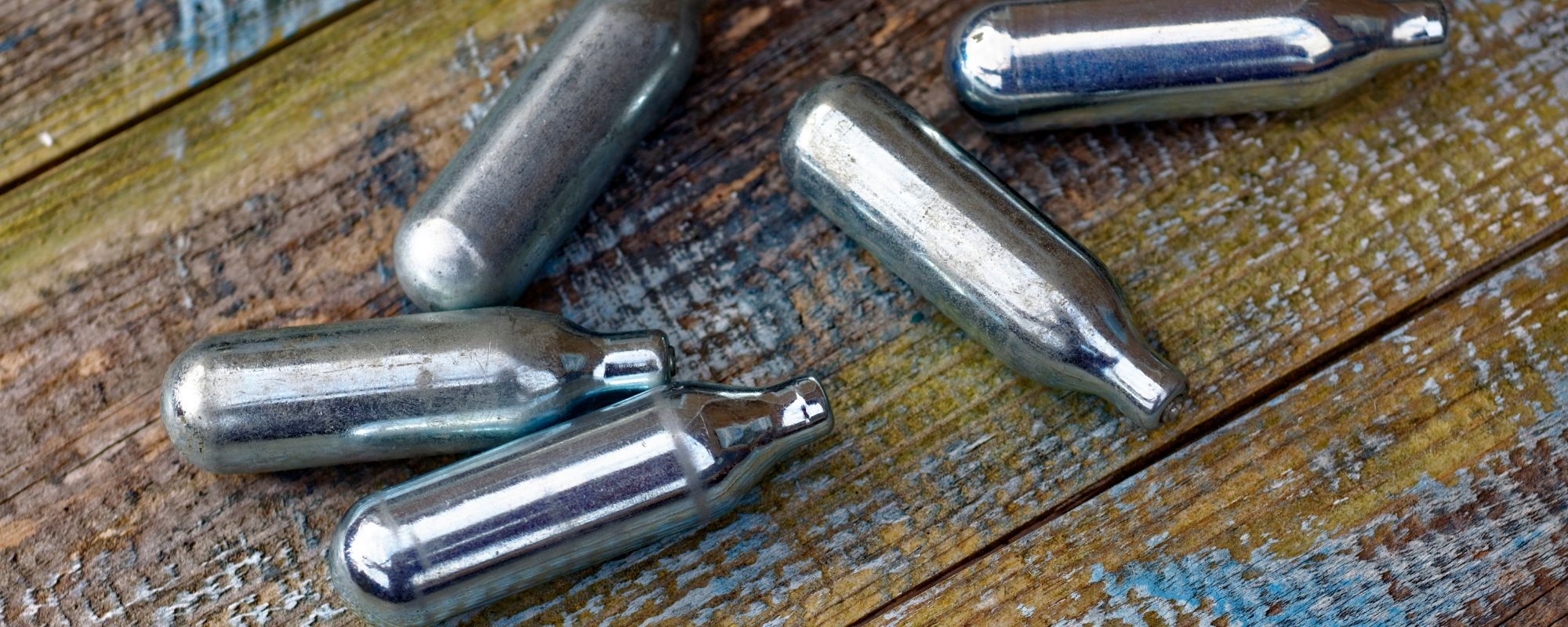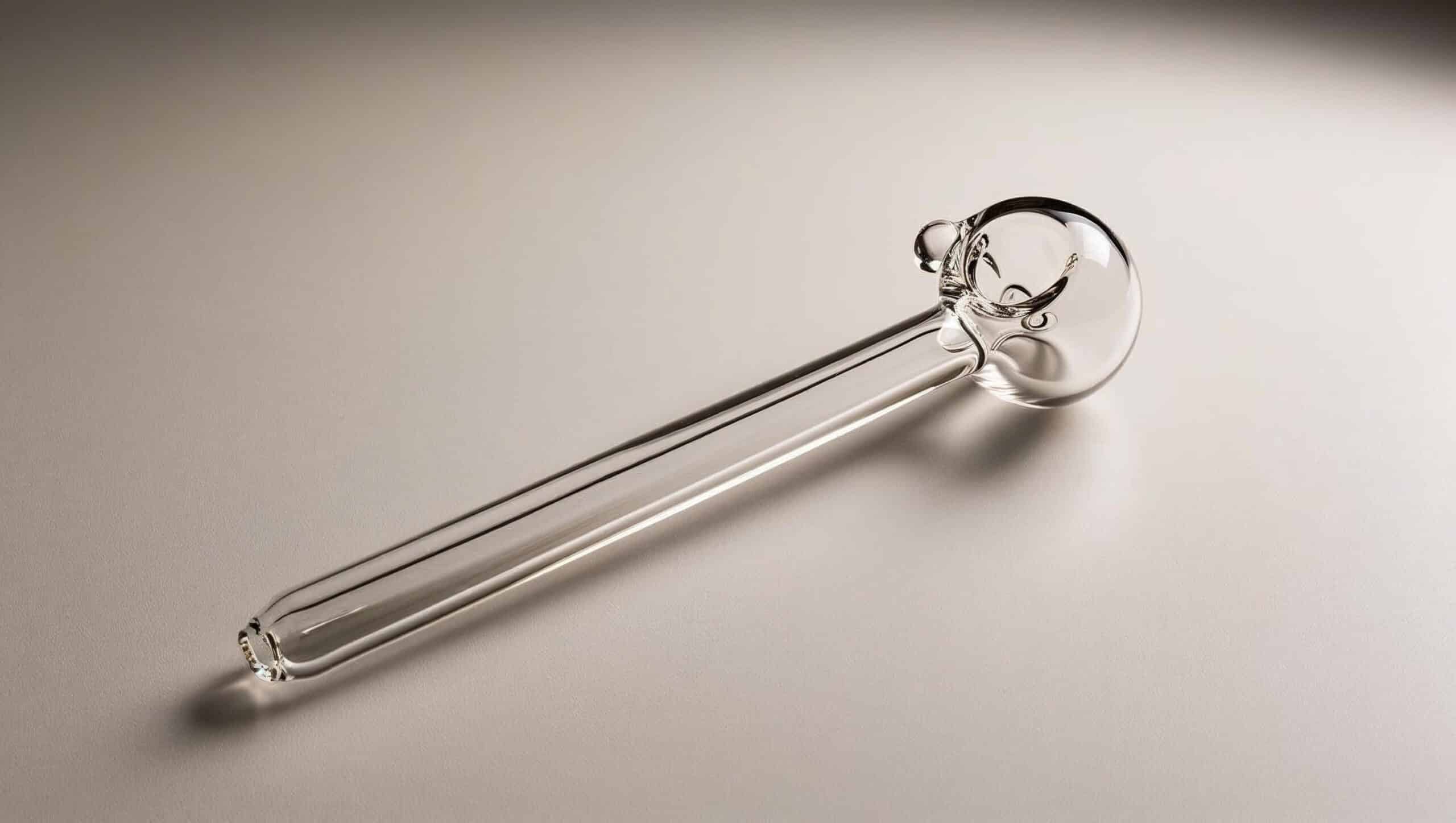If you are considering your relationship with drinking, you may be considering quitting alcohol “cold turkey” or just stopping immediately. However, quitting alcohol abruptly can be quite dangerous to your health. It can even be deadly without proper medical supervision. Once your body becomes dependent on alcohol, you will experience withdrawal symptoms when you try to stop drinking. These symptoms are quite unpleasant and can be serious.
Making the decision to stop drinking is one that can vastly improve your physical and mental health. It’s a step worth taking. There are many benefits of cutting out alcohol including a decreased risk of cancer, improved mood, and better sleep.
Cold turkey is also not the most effective way to quit drinking — especially if you are dependent on alcohol.
Why People Quit Cold Turkey
Some people go “cold turkey” because they believe that it will be easier to quit that way, which isn’t actually true. If anything, it’s much harder because of the withdrawal symptoms, which can be managed and even reduced in alcohol addiction treatment or medical detox.
Another reason is that people are simply eager to quit. However, withdrawal symptoms can lead a person to use it again very quickly.

Quitting Alcohol Cold Turkey When You’re Addicted
If you have a serious alcohol use disorder (AUD), it means that you have a physical and emotional dependence on alcohol. People with AUD (also known as alcoholism) are more likely to experience significant complications if they try to stop drinking cold turkey. Once your brain and body become dependent on alcohol, abruptly stopping can have severe consequences.
What are the signs of AUD? Drinking large quantities of alcohol is one sign. Here are some others:
- A strong urge or craving to drink
- Drinking more than you intended to
- Experiencing problems in relationships or at work because of drinking
- Needing to drink more alcohol to experience the same effect (tolerance)
- Continuing to drink despite worsening health or psychological problems related to drinking
- Giving up important activities (like going to the gym) to drink
- Spending a lot of time drinking or dealing with hangovers
- Withdrawal symptoms when you try to stop drinking
Alcohol Withdrawal Symptoms: What to Expect
When you stop drinking alcohol, you will experience withdrawal symptoms as the substance leaves your body. These symptoms will occur whether you are an occasional, moderate, or heavy drinker. What symptoms to expect depends on the extent of your use and how long you have been using. The longer you have been drinking, the more severe the withdrawal symptoms. The most common alcohol withdrawal symptoms are:
- Nausea and vomiting
- Irritability
- Sweating
- Dilated pupils
- Tremors
- Headache
- Diarrhea
- Difficulty sleeping or insomnia
- Elevated blood pressure
- Increased heart rate
- Restlessness
- Delirium Tremens (DTs)
- Stroke
Some people experience psychiatric changes during withdrawal, including depression and anxiety. In some extreme cases, withdrawal symptoms can include delusions and psychosis.
Alcohol Withdrawal Timeline
Withdrawal symptoms usually start to appear within the first two hours after your last drink. They typically peak within 36-72 hours but may last for weeks. Some people experience post-acute withdrawal syndrome (PAWS) in which symptoms may last for months. Symptoms of PAWS include anxiety, sleep difficulties, fatigue, depression, alcohol cravings, and difficulty concentrating.
What Are the Risks of Quitting Alcohol Cold Turkey?
As the death of actor Nelsan Ellis showed, withdrawing at home can be fatal. When you detox at home, you are likely going to do it alone. During withdrawal, a person may need immediate medical attention. That’s because complications of alcohol withdrawal can occur.
One of the main risks of alcohol withdrawal is developing delirium tremens (DTs), which is a severe form of alcohol withdrawal. Symptoms include tremors, rapid heartbeat, nausea, and seizures. This condition is more likely to occur if you suddenly stop drinking after moderate to heavy, long-term alcohol use. Delirium tremens has a mortality rate of about 38 percent without treatment. DTs can cause stroke, heart attack, and death.
Other serious withdrawal symptoms include:
- Hallucinations
- Panic attacks
- Severe confusion and disorientation
- Agitation
- Dehydration
- Tonic-clonic (grand mal) seizures
- Breathing problems
- Loss of consciousness
- Coma
- Alcoholic ketoacidosis (a potentially fatal condition)
- Cardiac problems, including dangerous arrhythmias, cardiac arrest, and heart attack
The above severe symptoms may occur within just a few hours of last use or even a few days. If you or someone you know is experiencing DTs, seizures, breathing problems, or other serious side effects after quitting alcohol, call 911 or go to the nearest emergency room for immediate help.
Does Quitting Cold Turkey Work?
Besides posing some very real physical risks, quitting alcohol cold turkey can make it hard to stay sober. Withdrawal symptoms can last up to ten days and be quite severe. This can cause a person to start drinking again to get relief.
How to Safely Quit Drinking Alcohol (Cold Turkey)
If you are struggling with alcohol addiction or heavy drinking and want to quit, it’s important to seek professional help.
Detox
Detox is the very first step. Detox decreases the chance of experiencing serious withdrawal symptoms and relapse. Detox makes quitting both more comfortable and safer. It can help prevent serious withdrawal symptoms, like seizures.
During detoxification, you are weaned off alcohol under medical supervision. Withdrawal symptoms are managed using a variety of interventions, such as medications. Intravenous (IV) fluids can be given to prevent dehydration if you experience diarrhea or vomiting during withdrawal.
Residential Rehab
A person may take part in residential treatment following detox. This level of care works particularly well for those with co-occurring mental health disorders or severe alcohol addiction. Residential treatment can help someone manage intense cravings and provides the structure that might not be available in your current living situation.
Outpatient Addiction Treatment
Outpatient addiction treatment can include various treatments like cognitive behavioral therapy (CBT). Ongoing outpatient treatment can help manage post-acute withdrawal syndrome (PAWS) symptoms after you stop drinking. Dual-diagnosis treatment can also be helpful for PAWS as it addresses anxiety, depression, and other psychiatric issues.
Can I Taper Off Alcohol on My Own?
Tapering off alcohol refers to gradually reducing the amount you drink every day until you have none. Tapering may involve drinking fewer drinks each day, mixing weaker drinks, or spacing drinks further apart.
There’s little evidence to support the idea that tapering off alcohol without the guidance of a medical professional reduces withdrawal symptoms — especially if you drink heavily. You can still experience severe, life-threatening withdrawal symptoms even if you slowly come off alcohol. Alcohol rehab that includes medically supervised detox is the easiest and safest way to quit using alcohol.
If you are considering tackling your drinking problem or are concerned about a loved one’s alcohol use, Vogue Recovery Center can help. Our centers in Las Vegas and Phoenix offer a full continuum of care to help you live a life free of addiction. Call today for a confidential assessment with one of our professional admissions specialists.
References
Self-Assessment: Am I Addicted?
"*" indicates required fields

Evan Gove

Latest posts by Evan Gove (see all)
- Dangers of Mixing Prozac and Alcohol - September 10, 2024
- Is Prednisone Addictive? - September 9, 2024














